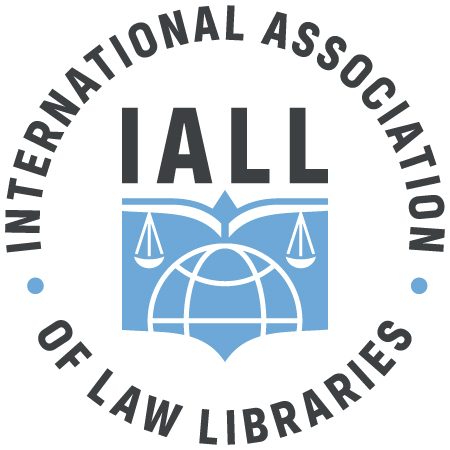Universities in North America are currently infatuated with MOOCs. Law Schools are no different. “MOOC” stands for Massive Open Online Course and MOOCs are just that: open-enrollment online courses which can reach tens of thousands and even sometimes over one hundred thousand students! Outstanding scholars from top-tier institutions can harness MOOCs to disseminate their knowledge over the internet (with interactive bells and whistles) to the widest possible audience. Already, the range of MOOCs with a juridical content is wide and quickly growing; and reaches well beyond the confines of North America. Within the confines of North America, Yale offers a MOOC on US Constitutional Law and describes it (with Ivy League flamboyance) as an introduction to “one of the most important texts in human history”. Less lyrical and more pragmatic is the Global Student’s Introduction to U.S. Law MOOCoffered by the University of Florida.
Given the tsunami of journals, textbooks and courses from numerous jurisdictions following the universal development of Foreign, Comparative and International legal studies, MOOCs open new opportunities to meet the specific demands inherent in teaching comparative legal materials. In his masterpiece The Spirit of the Laws, (London: Nourse, 1777, p. 221) Montesquieu postulated that law is culturally fixed: “Civil laws of each nation… are… so peculiar to the people for whom they are made” and illustrating these “peculiarities” is a major challenge in the teaching of foreign legal cultures and their materials. A well-structured MOOC could go beyond a mere synoptic illustration of the foreign materials under review and give instructors the possibility of illustrating and analyzing the underlying legal culture on a level that earlier comparativists could not have imagined. A virtual MOOC-based academe of Comparative law becomes engaging, all the more as MOOC platforms have incorporated social media features which enable students to support (and provoke) each other.
Some critics foresee MOOCs as buttressing an educational landscape of haves and have-nots: MOOCs for hoi polloi and Oxonian seminars for the wealthy elite. Quips on the bovine sounding acronym “MOOC” are plentiful and the most ostentatiously contemptuous of the whole enterprise is: “Massively Overhyped Obfuscated Concept”. Suitably cynical and witty but the wag missed the point. MOOCs offer uncharted prospects and, as the positive disruptive impact of digital technologies on access to Legal materials in general and Legal research in particular has already shown, great promise.
Daniel Boyer is a MOOCaphile.
